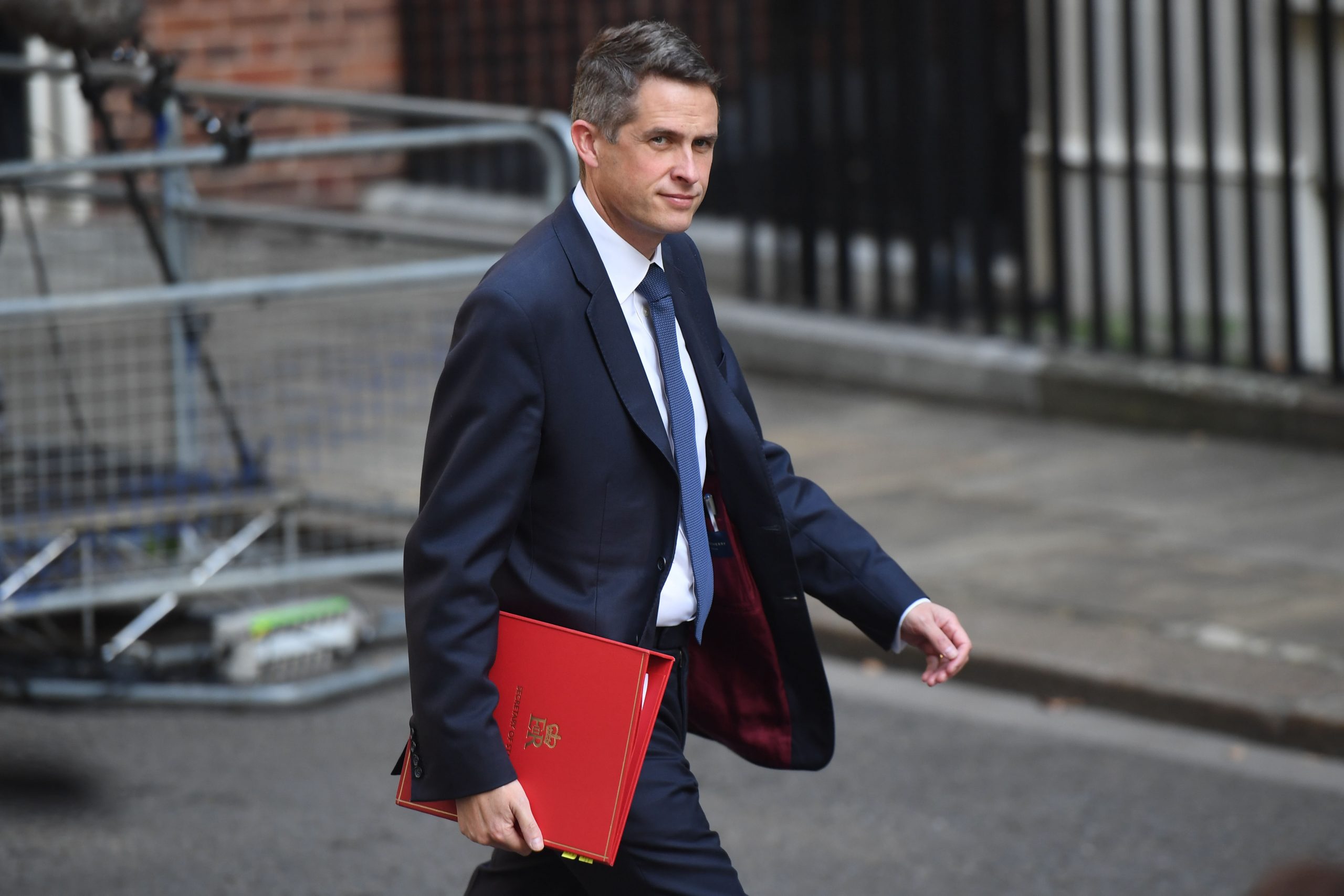
The appointment of Gavin Williamson as Education Secretary continues a remarkable journey from the backbenches to the Cabinet table twice over. Having been sacked as Defence Secretary over an alleged leak from the National Security Council in March, Williamson’s return is a reward for his central role as a parliamentary organiser for Boris Johnson’s leadership campaign.
What does he intend to bring to his new office? The one-word answer is money. Schools funding was a running sore for ministers throughout Theresa May’s tenure, and may well have helped cost her a majority in the 2017 election. Johnson and Williamson have pledged to increase per-pupil funding by at least £5,000 per child. During his leadership campaign, Johnson went even further and appeared to suggest that he would reverse all previous reductions to school budgets – a move that would cost £4.6 billion.
There is also the question of university funding. The Augar Review into tuition fees and further and higher education, commissioned by May, recently recommended a reduction in university fees to £7,500 a year – which would require a direct cash injection into the sector from the government – and a new programme of funding for vocational training. The job of responding will now fall to Jo Johnson, the new Universities Minister, and Williamson.
Such is the nature of minority government, and the likely lifespan of this particular one, that much of what Williamson intends to do – or could plausibly do – will only be feasible after an election






